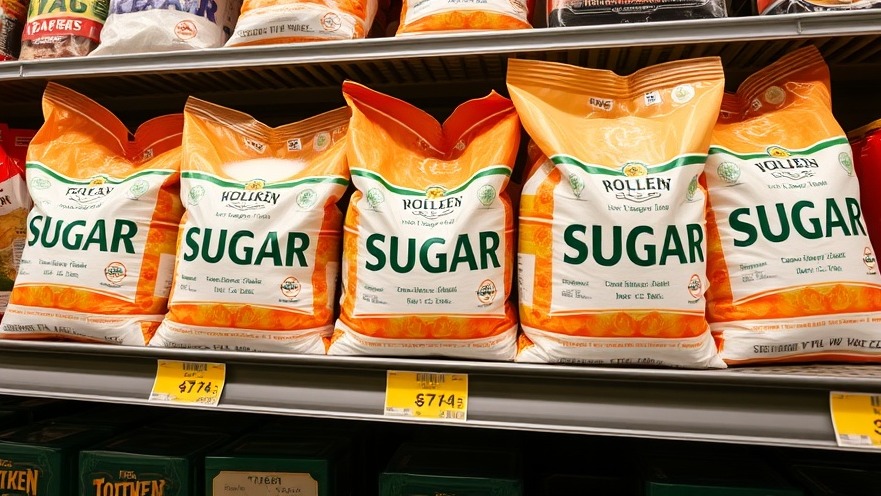
Understanding Mold Consumption and Its Impact
Have you ever taken a bite of moldy bread or cheese and wondered about the risks? The question of what truly happens when we consume moldy food is one not often pondered by many—but it’s an important one. Mold is a form of fungus, and while some types can be dangerous, others, such as the mold found on cheese or certain aged meats, may not pose significant health risks. In fact, studies suggest that while consuming some molds can lead to food poisoning, many molds actually have little to no long-term health consequence. What about where the dangers lie?
In 'What Happens if You Eat Mold,' the discussion dives into the health implications of consuming moldy foods, exploring key insights that sparked deeper analysis on our end.
Where Mold Can Hide and Harm
Several common foods may not just carry benign molds. Moldy peanuts, grains such as corn, and even coffee can harbor toxins that have been linked to severe health conditions, including liver damage and even cancer. With this in mind, knowing which foods are safe and which to avoid can be a critical aspect of our diets, especially for seniors who may have compromised immune systems.
Microbiome Balance: The Key to Safety
Your body hosts a community of bacteria that helps keep mold and yeast growth in check. Antibiotics, steroids, or even stress can disrupt this delicate balance, allowing mold and yeast to flourish. Watching your diet, managing stress, and being cautious with medications can help maintain your microbiome’s health, decreasing the likelihood of unwanted fungal overgrowth.
The Role of Nutrition in Managing Mold Effects
It’s essential not only to understand the risks associated with consuming mold but also how to mitigate these risks through nutrition. Probiotics, found in foods like yogurt, kimchi, and sauerkraut, can help replenish beneficial gut bacteria. Moreover, incorporating certain supplements and foods rich in vitamins and minerals, such as vitamin D, zinc, and selenium, can boost your immune response and help combat any effects of ingesting harmful molds.
Alertness to Signs of Mold Poisoning
If you suspect you’ve consumed toxic mold, it’s vital to recognize possible symptoms such as digestive distress or unexplained fatigue. Natural detoxifiers like activated charcoal or bentonite clay can aid in eliminating toxins. Meanwhile, nutritious additions like cruciferous vegetables can further support liver health, as they contain compounds that assist in detoxifying harmful substances.
Holistic Health Approaches for Seniors
For older adults particularly, understanding how mold exposure can affect well-being is essential. Factors like mental wellness, sleep quality, and stress management become increasingly significant as one ages. Incorporating mindfulness exercises, such as meditation or tai chi, can also enhance mental resilience against stressors—including those posed by consuming questionable foods.
Take Control: Empower Your Health
Take action today to minimize risks associated with mold. Emphasize a diet rich in whole foods, maintain healthy stress levels, and consult with healthcare professionals about both dietary and lifestyle modifications that may support overall health, especially regarding sleep hygiene and managing mental wellness—a crucial aspect of aging well.
Naturally Beat Insomnia to Improve Mental Health
To further this endeavor, focusing on sleep hygiene can greatly benefit older adults battling anxiety and insomnia. Research shows that optimizing your sleep influences everything from cognitive health to emotional resilience. Practicing techniques such as deep breathing exercises, creating relaxing evening rituals, or even engaging in guided imagery before bed can foster better sleep and overall well-being.
 Add Element
Add Element  Add Row
Add Row 



Write A Comment